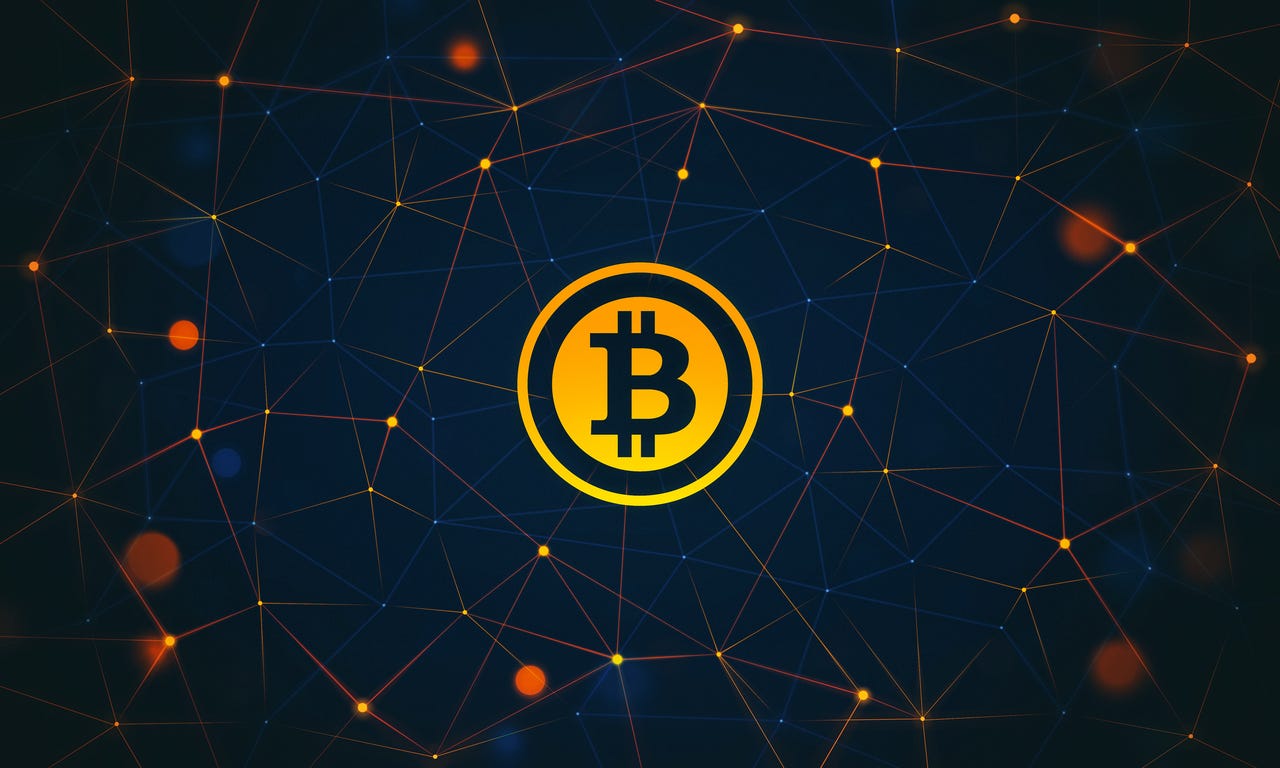Bitcoin Ponzi schemes slammed with $12 million penalty


The US Securities and Exchange Commission (SEC) has won a legal battle against GAW Miners and Zen Miners resulting in the now defunct companies shouldering the responsibility of $12 million in damages.
Operated by Homero Joshua Garza, the two Connecticut-based companies were taken to court by the agency over allegations of operating as Ponzi schemes.
SEC alleged that GAW Miners and Zen Miners defrauded investors by using "the lure of quick riches from virtual currency."
According to SEC, which released the details of the case on Monday, Homero Joshua Garza offered shares to investors in the companies' Bitcoin mining operation.
Bitcoin mining used to be an easy way to secure the virtual currency before the idea became popular. You need computational power to solve complex equations, and when these have been solved, you are awarded units of the virtual currency.
However, as there are only so many in circulation -- acting as a traditional currency in this manner -- the more that were mined, the fewer were left in the wild, and these Bitcoins require more and more power to secure.
Once the price of Bitcoin surged, many abandoned mining as individuals and joined mining "pools" in which numerous people add their own computing power to mine the virtual currency and take a slice of the profit.
However, the price of Bitcoin, $2,904 per coin at the time of writing and based on scarcity, means that it usually costs more and more to run a system for mining.
The complaint, filed 1 December 2015, alleged that the companies offered high-spec mining operations with the power necessary in return for investor funds. However, SEC said that GAW Miners and ZenMiner did not own enough computing power for the mining they promised, and as a result, "most investors paid for a share of computing power that never existed."
To keep some investors off the scent, some returns were paid -- but these funds were generated through sales to other investors rather than mining.
See also: Bitcoin scams: Beware of crooks trying to steal your cryptocurrency with these schemes
On 2 June, the US District of Connecticut federal court sided with SEC and agreed to order that both GAW Miners and ZenMiner pay $10,384,099 jointly in disgorgement and prejudgment interest, as well as $1,000,000 fees in damages.
The companies themselves have been held accountable for the Ponzi scheme but SEC isn't finished yet as a separate case is ongoing against Garza.
As noted by The Register, irony plays a part here. Should the companies have simply purchased Bitcoin at the standard price at the time, between $400 and $450, considering the seriously inflated value of the virtual currency now -- upwards of $2,900 -- there would have been more than enough to keep the investors happy and have millions of dollars still left in the bank.